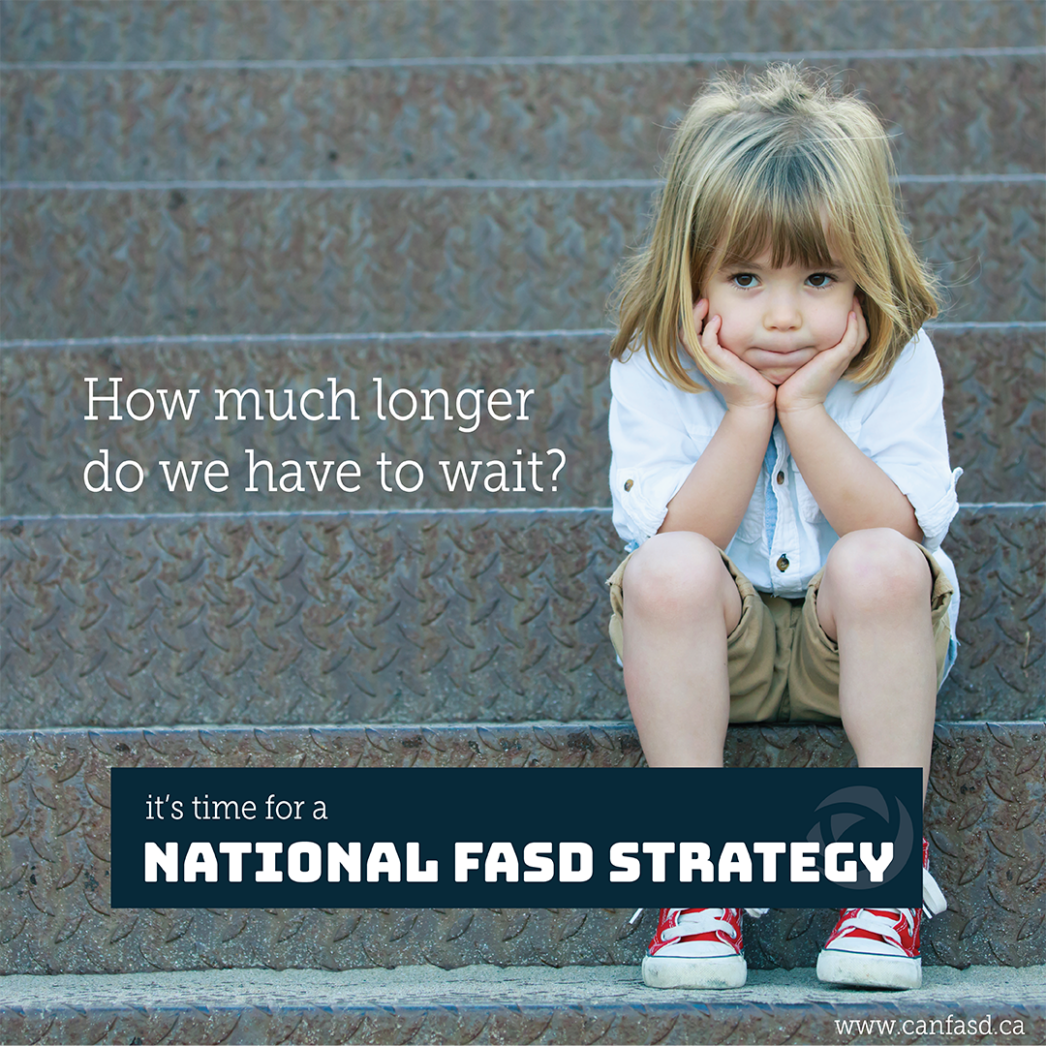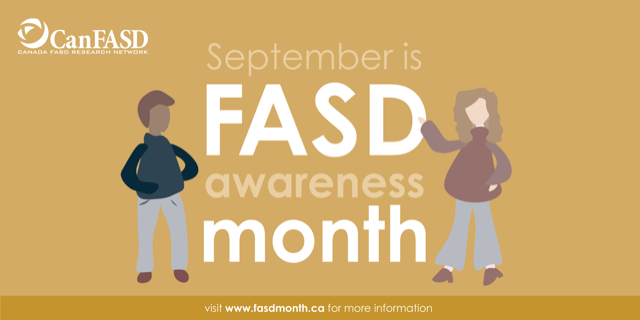Register now for our newest webinar on Tuesday September 28th, 2021 at 3:00 pm eastern time.
Caregivers Needed to Share their Experiences!
Not a lot of research has been done to understand the full experience of caring for someone with FASD across the lifespan. We are doing a study to collect information from caregivers of individuals with FASD. We want to better understand their unique perspectives and capture their wisdom about people with FASD.
It’s Time for a National FASD Strategy
FASD is a lifelong disability that affects the brain and body of individuals prenatally exposed to alcohol. Due to the complexity of this disability and the disproportionate impacts it has on various populations, individuals with FASD are struggling. It’s time for a National FASD Strategy.
FASD and the 2021 Federal Election
The federal election is fast approaching and candidates are campaigning for your vote. There are many social, political, and environmental issues that are currently impacting Canada and it can be difficult to choose the right candidate.
Happy FASD Awareness Month!
Today is September 1st which means it is officially Fetal Alcohol Spectrum Disorder (FASD) Awareness Month! FASD is one of the leading neurodevelopmental disabilities in Canada, impacting 1.5 million Canadians. However, FASD is not well understood or recognized by the majority of the population. Help us raise awareness of FASD in Canada and around the world. Learn Whether you’re an … Read More
FASD Month is Around the Corner!
FASD month is fast approaching and we want to make sure you are ready to celebrate and raise awareness! Although FASD is one of the leading developmental disabilities in Canada, many Canadians still don’t know much about this disorder and the impact it can have. This is where we need your help!
Help us get FASD on the radar this election
The writ has dropped which means there is a Federal Election on the way. Candidates are campaigning fiercely for your vote, and it is important that they know that Fetal Alcohol Spectrum Disorder (FASD) is a priority for you.
The Rounds: Complexities of FASD & Pain
The Rounds in partnership with Soloutions for Kids in Pain (SKIP) recently held a virtual event on the complexities on Fetal Alcohol Spectrum Disorder (FASD) and pain. The event was led by CanFASD’s Senior Research and Intervention Lead, Dr. Jacqueline Pei, and Dr. Kyle Sue.
Protected: Vaccination Clinics for People with Disabilities
There is no excerpt because this is a protected post.
Protecting the Rights of Children with FASD in the Justice System
Canada is obliged, by law, to follow the recommendations outlined in the Convention. GC24 clarifies the stance taken by the Convention on children with NDDs who are involved in the justice system. However, in practice, justice professionals may be unaware of these issues.








